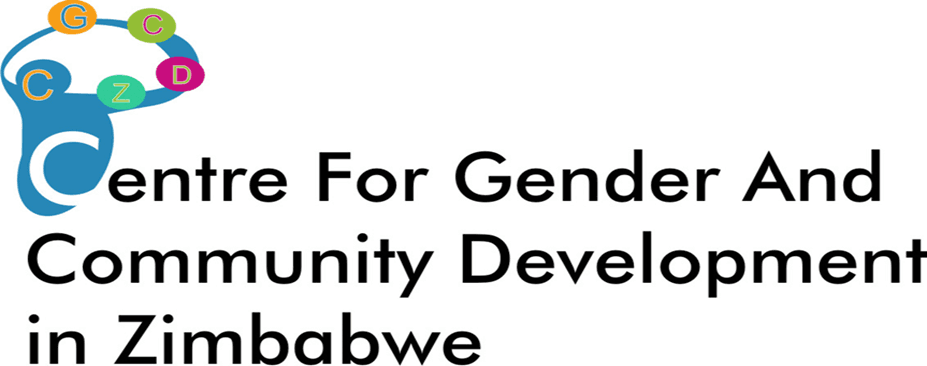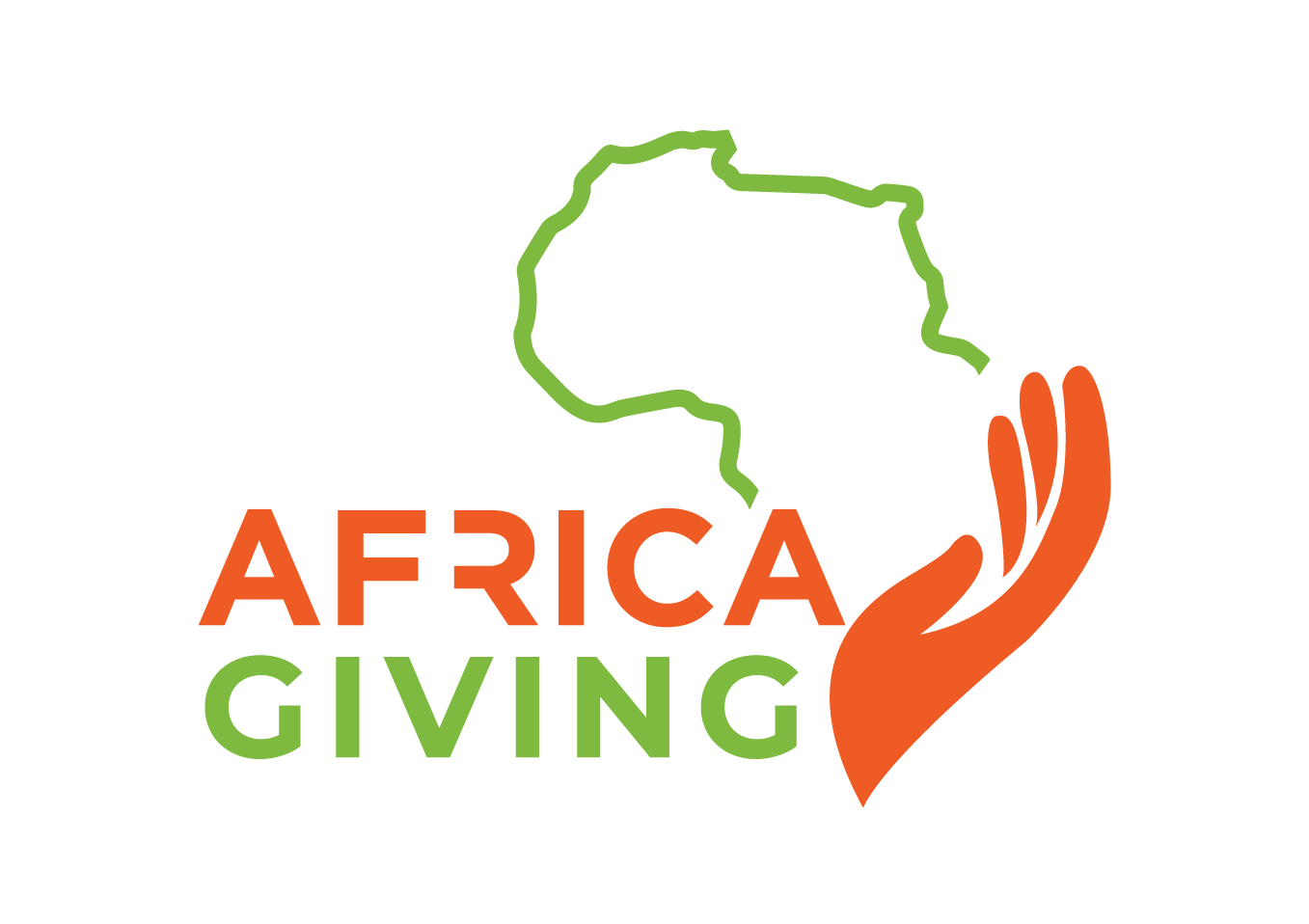Centre for Gender and Community Development in Zimbabwe

Key Data
Organisational Information
Fundraising Initiatives
Centre for Gender and Community Development in Zimbabwe (CGCDZ) is a non-governmental organization which was legally registered and established on the 1st of September 2016 (Trust Number: MIS 0001171). CGCDZ’s mandate is to uplift and improve the living conditions of poor and marginalized communities (men, women & youths) with a special focus on women in projects utilizing local resources through sustainable livelihoods, climate change, mitigation and adaptation and gender and social inclusion. CGCDZ has adopted community centered and community led approaches as the basis for its interventions and livelihood activities. This enabled CGCDZ to be an active contributor towards improving the quality of life of communities. CGCDZ realizes and understands that it does not have all the technical, financial and human skills to accomplish its mandate and therefore places great importance on the development and nurturing of partnerships at community, district, provincial, national and international levels. CGCDZ has since inception been able to transform communities into self-sufficiency. CGCDZ’s model is hinged on supporting existing community initiatives by addressing the gaps such as providing water for irrigation, trainings (technical and routine), and formalizing the groups as cooperatives. A survey undertaken by CGCDZ indicated that imposed projects often fold-up or collapse upon end of partner funding support mostly due to lack of community ownership. The activities CGCDZ adopts are modelled along what communities desire to achieve in the short to long term. This strengthens the sustainability of the projects. As registered cooperatives the groups can access formal funding and markets. CGCDZ, being a gender sensitive organization has ensured that gender inequalities are reduced. CGCDZ envisions communities that strive for gender equality and are adaptive to climate change through adoption of climate smart agriculture. CGCDZ witnessed the following milestones namely: drilled 12 solar powered boreholes towards provision of safe drinking water, provided safe drinking water to 2050 households, facilitated the establishment of 12 irrigated horticulture gardens which benefited 720 smallholder farmers segregated as 600 female and 120 male smallholder farmers, trained 1250 smallholder farmers on climate smart agriculture, provided and distributed 20 tons of drought resistant small grain crops that witnessed an increase in household income and reduction in food insecurity, trained 900 people on GBV with 500 being males since they are the major violators of women human rights in rural areas, statistics from the surrounding health centers the organization operates indicated a drop in the number of water borne diseases as result of the provision of safe drinking water. The organization’s bias towards women upliftment saw women taking up various leadership positions within their communities with the best achiever being a ward councilor. Rural communities depend on agriculture as a source of livelihood and income generation but due to lack of skills to undertake the venture as a business, the applicant organization trained 500 smallholder farmers to undertake farming as a business. The organization trained the smallholder farmers to keep records of every venture they undertake as a business best practice.
